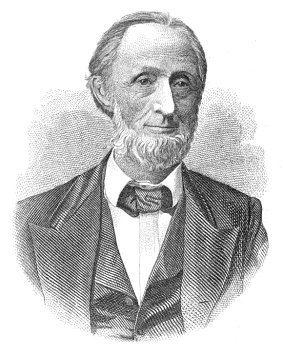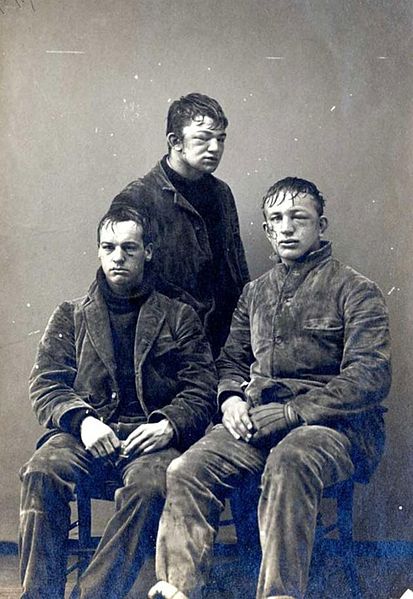
American life in 1980, as envisioned by Missouri attorney William McClung Paxton in his 1880 poem “A Century Hence”:
In the midst, at St. Louis, the Capitol loomed,
With lofty and glittering steeple —
The seat of a Nation, where freedom first bloomed,
Containing a billion of people.
“And now,” he exclaimed, “the whole Continent’s ours,
From Panama, North to the pole!
For naught but the ocean can fetter our powers,
Or give to us less than the whole!”
As we walked to the house, my companions reported,
That roads through the land were not found,
That men, on light wings, in the atmosphere sported,
Or walked, as they pleased, on the ground.
With the new motive power, one man could do more
Than fifty, without it, could do;
So people were able to add to their store,
And be generous, noble and true.
An order for supper, by telephone, now,
Had scarcely been made, by my host,
When in sprang a servant, I cannot tell how,
With coffee, ham, biscuit and toast.
He’d come from St. Louis, three hundred miles out,
With dishes delicious and rare;
There were venison, and turkey, and salmon, and trout,
With pine-apple, orange and pear.
When supper was ended, I found it still light;
I looked for a lamp, and found none;
I stepped to the door, and looked forth on the night,
And lo! every house had a sun.
Above me in splendor, surpassing the moon,
A disk, in the heavens gave light;
And neighboring orbs gave the brightness of noon,
And scattered the darkness of night.
By reflectors, the light of these beacons was cast,
On parlor, and chamber, and hall;
And candles and lamps were consigned to the past,
And light, like the air, was for all.
Now worn by the scenes of the day, I need rest,
And find it in slumber elysian;
But rise in the morning, perplexed and distressed;
‘Twas all but a beautiful vision.





